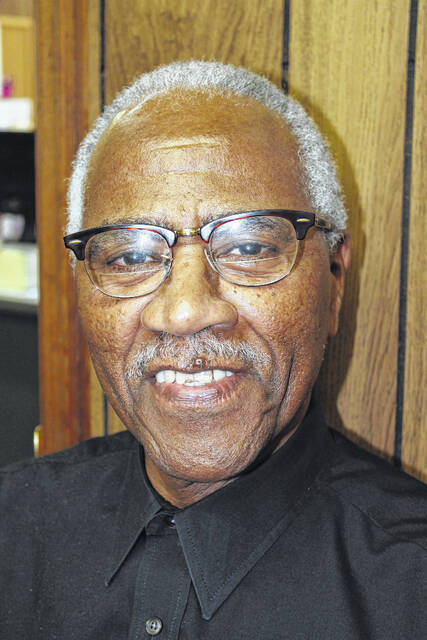Starting today on the actual birthday of Dr. Martin Luther King, Jr., many people will pause and reflect on the legacy of Dr. King and his impact on making the case for civil rights to be viewed as a constitutional and moral issue. This national and global celebration and remembrance will continue, culminating with the King holiday on Monday, Jan. 17.
Joining in the local events to honor and celebrate Dr. King on Monday will be the Sampson County NAACP, led by branch President Lee Byam, the branch executive committee and members. For nearly 113 years, the NAACP has made it very clear that its support for civil rights “has been from all angles, at all targets, at all times, with all weapons, over all the years.”
Having been born in Atlanta, Georgia on Jan. 15, 1929, Dr. Martin Luther King, Jr., grew up where Jim Crow kept Black Americans in a subservient status and where he saw American racism on full display. And he knew all too well the kind of insult and humiliation Black Americans had to endure, causing him to feel outrage, angry and sad. After considerable time in study and contemplation, Dr. King had been put in a place to make America take an honest look at its racist policies and practices, just in time for him to help deal with the “approaching civil rights storm.”
It’s not too often that someone is sent to the right place, at the right time to help “lead the way across the difficult and painful years ahead.” And beginning with the historic Montgomery Bus Boycott in 1955, Dr. King was placed in the national spotlight for helping to organize and lead the boycott, with the assistance of the NAACP, which successfully challenged the Jim Crow law. This will give energy and momentum to the civil rights movement which was beginning to make strides in the South, further removing obstacles to greater opportunity and racial equality in America.
Throughout the late 1950s, the NAACP and Dr. King became closer allies in the cause for justice, working on civil rights campaigns together. As one of the speakers at the NAACP Emancipation Day Rally in 1957, Dr. King told the audience, “There is nothing greater in all the world than freedom.” Later that year, the NAACP gave Dr. King its highest award, the Spingarn Medal, for his work in the struggle for racial equality and justice. In 1958, the NAACP, King, and other leaders met with President Eisenhower to urge him to be more diligent on civil rights. However, it was not until President Kennedy in 1963, did a president address civil rights head on. It was Kennedy who moved America toward the notion of justice for all, with that move continuing today.
On Monday, the local NAACP will honor Dr. King as we distribute protective masks in support of the community response to COVID-19, beginning at 1:15 p.m., 106 Wall St.
Larry Sutton is a retired educator who taught at Clinton High School.

